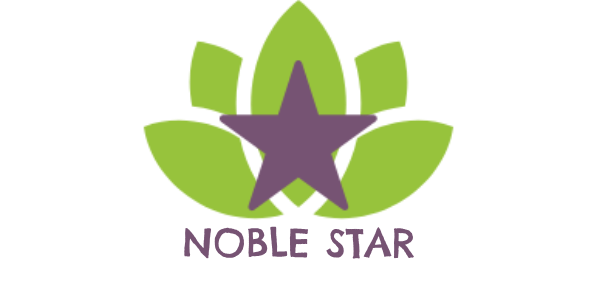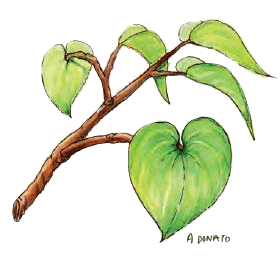

The root of the plant is used to produce an entheogenic drink with sedative, anesthetic, and euphoriant properties. It's active ingredients are called Kavalactones. A Cochrane Systematic review concluded it was likely to be more effective than placebo at treating short-term anxiety. Moderate consumption of kava (in It's traditional form) has been deemed as presenting an "accepting low level of health risk" by the World Health Organization or WHO, after humerous concerns over liver toxicity.
Kava root is most commonly used to calm anxiety, stress, restlessness and treat insomnia. It’s also used for ADHD symptoms, epilepsy, psychosis, depression, migraines and other headaches, chronic fatigue syndrome, common cold and other respiratory tract infections, tuberculosis, muscle pain, and cancer prevention. Urinary tract infections (UTIs), pain and swelling of the uterus, venereal disease, menstrual discomfort, and sexual arousal are other uses of kava root. The list continues, with kava root being applied to the skin for skin diseases like leprosy, to promote wound healing, used as a painkiller and to help with eye-related health issues. It’s also used as a mouthwash for canker sores and toothaches.